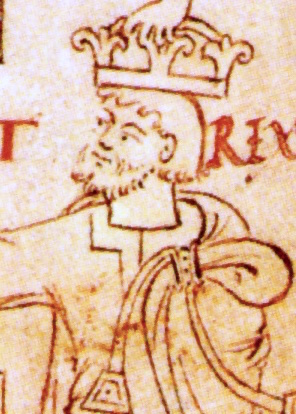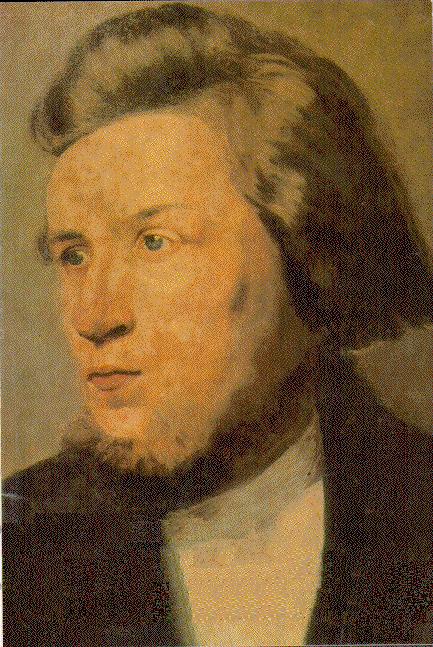
Had a pretty good weekend at the Antique Power Show at the Little Log House Pioneer Village, near Hastings, Minn. This is the third year my Viking group has been there – though nobody’s quite sure why we’re even around at a steam engine and tractor event. It amuses me that we have no apparent connection to the event theme, but people still like to see us there. The weather was cooler than we’ve been experiencing lately, and we were in the shade, so we didn’t suffer much from the sun smiting us by day nor the moon by night. And my book sales were good. But as always when I sit long hours on my Viking chest with no back support, I came home creaky. That’s the price you pay for staying alive into old age. By the way, it’s my 100th birthday today. Approximately. In round, subjective numbers. Close enough for freelance writing.
My work on The Baldur Game, the epic final volume of my Erling saga, continues apace. I’ve come to the part where Erling meets King Knut the Great of Denmark/England, and I figured I’d better bone up on that fellow’s life (did you know he was at least half Polish?). Having a weekend of Viking reenactment to fill, I pulled up my old Kindle version of Laurence M. Larson’s Canute the Great and the Rise of Danish Imperialism during the Viking Age. I’ve reviewed it here before, but it’s more interesting (in spite of its age) than the other Knut biography I own.
Knut (or Canute, as it’s spelled here) is a fascinating character in English history, despite the fact that his complete failure to provide an heir with survival skills doomed his accomplishments to be overshadowed by those of other kings. Still, he started out as a disfavored son of King Svein Forkbeard of Denmark (who conquered England first, then died, leaving Canute with all the weary work to do over again), knocked about as a pirate for a while, and finally fought his way up (Conan-like) to the throne of a great kingdom. His union of Denmark with England, Scotland, Norway and bits of what is now Poland could arguably be called the first British Empire.
Scholarship has advanced quite a lot since Larson wrote this book (1912), but in my opinion it’s sometimes advanced in the wrong direction. So I generally like Larson’s saga-friendly approach. It does skew the narrative a bit, I think, though, since the author spends a lot of time on Norway and St. Olaf, probably just because the sagas have described that business more completely than the English chroniclers recorded other aspects of Canute’s reign. As the drunk who hunted for his car keys under a street lamp said, “I lost them over there, but the light’s better here.”
My main complaint is the author’s uncritical acceptance of the traditional view that Olaf was somehow the “legitimate” king of Norway, and that his opponents (like Erling Skjalgsson) were rebels, bought by Canute’s treacherous “bribes.” In fact they were defenders of the land’s organic constitution, and Olaf was the usurper trying to overturn the ancient laws. And giving gifts to supporters was what overlords did in those days. Olaf did it himself, as I plan to point out in my book.
But other than that, I liked Canute the Great and the Rise of Danish Imperialism during the Viking Age, and found it useful. I recommend it. It’s out of copyright and cheap. Watch out for OCR typos.






